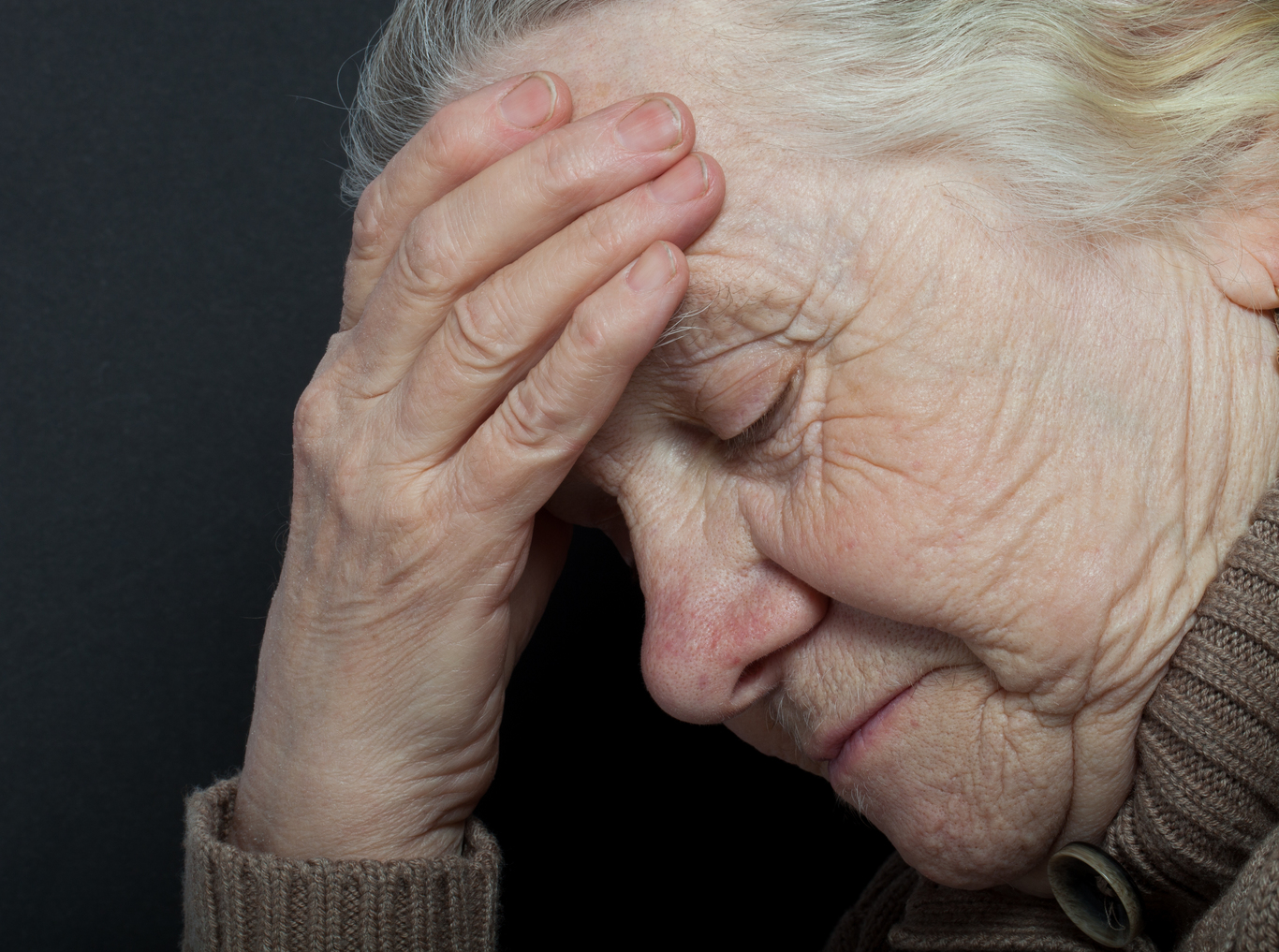New rules for the home care sector could prevent abuse
The government will look at the best ways to regulate the industry, which is largely unmonitored.
THE HEAD OF the one of the largest home care providers in Ireland hopes new regulations being explored for the sector will help prevent elder abuse.
Fora has learned that the government is preparing to examine possible regulation in the sector, which remains largely unmonitored despite employing about 40,000 people.
The health watchdog, Hiqa, has no remit to regulate or inspect the industry despite requesting several years ago that controls be introduced.
The Health Research Board (HRB), which provides funding and carries out research linked to national health priorities, is set to carry out a review covering international approaches to the regulation of home care services and funding of the industry.
The share of older people living in nursing homes in Ireland is well above the EU average despite many of them being capable of living in their own houses with the right support, the Alone charity has said.
Earlier investigations into home care provisions found appallingly bad standards in many cases, prompting a fully fledged review by the HSE.
A spokeswoman for the HRB said its study will look at “the regulation and funding of home care services in three or four countries or jurisdictions and use this information, alongside other inputs, to arrive at an informed position regarding regulation and funding of home care services in Ireland”.
“It is expected that the review will be published on the HRB website at the end of March 2017.”
Hiqa did not comment when contacted by Fora.
Better standards
The development was welcomed by Ed Murphy, the managing director of Home Instead Senior Care’s (HISC) Irish operations.
The US-based firm, which operates on a franchise model, employs about 300 full-time staff across more than 20 outlets in Ireland. It also has about 3,500 employees here who work an average of 15 hours a week.
Murphy, who has been calling for more oversight in the sector for years, said that some form of regulation could help ensure a better standard of care for elderly people and added it was unlikely the right model would result in higher costs.
 Home Instead Senior Care Ireland managing director Ed Murphy
Home Instead Senior Care Ireland managing director Ed Murphy
“It’s great news that they are looking at it (and) I don’t think costs will go up enormously,” he said.
“Despite doing training and reference checks you have got thousands of people looking after thousands of other people and without regulation the possibility of abuse is quite high.
“Even with Home Instead; even though there is a very rigorous checking and interview process at the end of the day you are putting your trust in people, so any regulation that could tighten procedures and lessen chances of bad practise and elder abuse is welcome.”
Best practise
Murphy said that his preferred method of regulation would be a system of ‘client-directed care’, a form of which has already been adopted in several countries such as Australia.
“It is where the HSE or whoever looks at a person’s needs and issues and says ‘ok, we can fund x number of hours of care’.
“They then put a price of say €200 for 10 hours of care and then grant that money to the family who can then spend it on any approved provider that they like,” he said.
Home Care and Community Care Ireland, a group that represents private home care providers, estimated in 2013 that there were 70,000 people in Ireland receiving formal care and said that this could rise to 75,000 by 2021 as the population ages.






